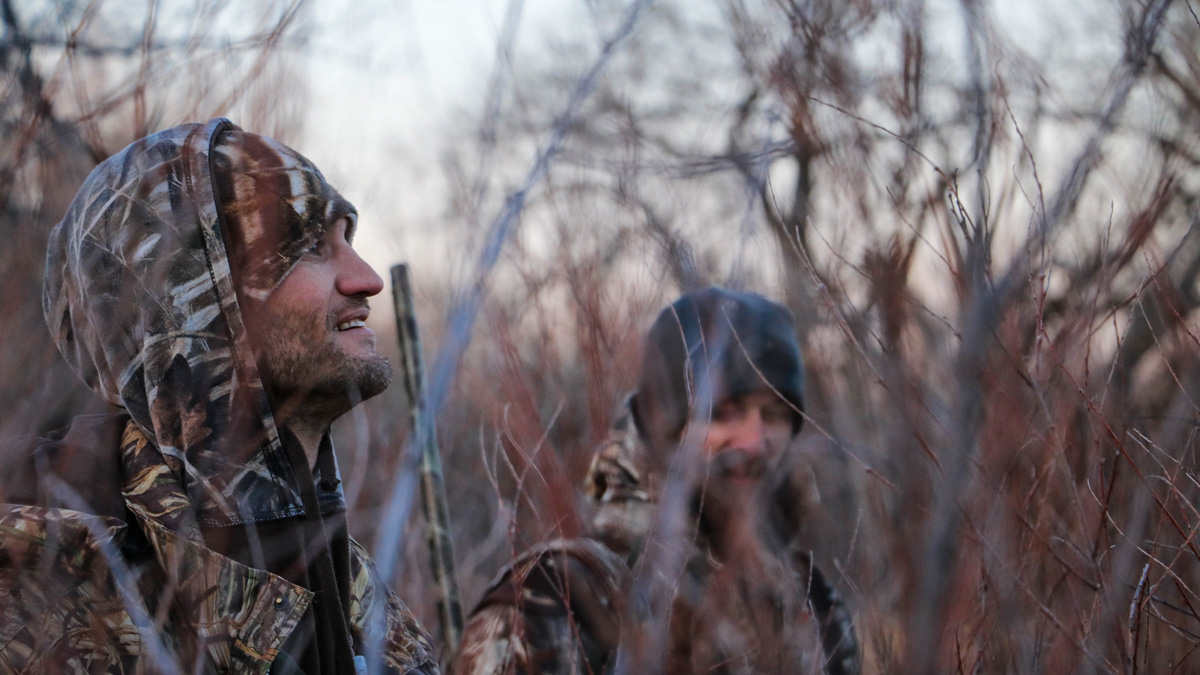Hipster hunting practices: an ethical alternative to vegetarianism
 Rhett Noonan
Rhett NoonanMany experts attribute the 43 per cent increase in hunting tag applications in Alberta over the past ten years to a growing “hipster hunting” movement. The movement emphasizes hunting for food, and participants view it as in line with the sustainable farm-to-table movement, which opposes corporate agriculture and factory farming.
Initially, the concept of “hipster hunting” may seem to be out of line with hipster ideology, which traditionally has emphasized vegetarianism or veganism as an environmentally sustainable diet choice. But the resurgence of hunting for food purposes has environmental benefits both by decreasing demand for factory-farmed meat, as well as funding conservation efforts by the Alberta government.
Hunting is usually associated with older, rural populations, but hipster hunters are changing that. The “hipster hunter” demographic is younger than the typical hunting demographic, and while women are a minority, they are the fastest-growing segment of this new hunting population. Hipster hunters hunt because they want to know where their food is coming from, as well as participate in “natural, ecological processes.”
At first, this may seem contradictory — by hunting animals from their natural habitat, wouldn’t hipster hunters actually be disrupting natural processes and harming the environment? But in reality, there are more pros to hunting your own food than cons.
Industries like the cattle industry are one of the largest contributors to carbon emissions. By consuming alternative red meats like venison, moose, or elk, Alberta hipster hunters decrease the demand for cattle and lower their carbon footprint. As well, hunting your own food prevents the risk of unethical genetic modification (such as the genetic modification of chickens to increase their breast size) or the overuse of antibiotics, which can lead to antibiotic-resistant bacteria.
Lastly, according to Matt Besko, the director of wildlife management policy with Alberta Environment and Parks, half the revenue from hunting license sales goes directly to the Alberta Conservation Fund, which aims to maintain a healthy ecosystem for Alberta’s wildlife. The money, about 50 per cent of $18 million earned in 2016, also helps to fund programs like the “report a poacher” program, which encourages hunters to report illegal hunting practices.
Hunting regulations also help to limit the environmental impact of hunting. Regulations involve preventing the hunting of young animals, forbidding the abandonment of any food “fit for human consumption,” the use of certain weapons, and hunting in areas like ecological reserves or provincial parks.
The primary argument against “hipster hunting” is that, if so-called hipsters want to increase the environmental impact of their diets, they should adopt a plant-based diet instead of disturbing Alberta’s wilderness through hunting. However, for those who are unable to adopt vegetarian or vegan diets due to health concerns, allergies, or other reasons, hunting meat is the lesser of two evils when it comes to animal consumption. Eating hunted game meat rather than supermarket meat is, ultimately, healthier for both the hunter and the animal, as it prevents the torture animals undergo at the hands of factory farms and eliminates the risks of antibiotics, genetic modification, and other concerns introduced by corporate livestock industries.




